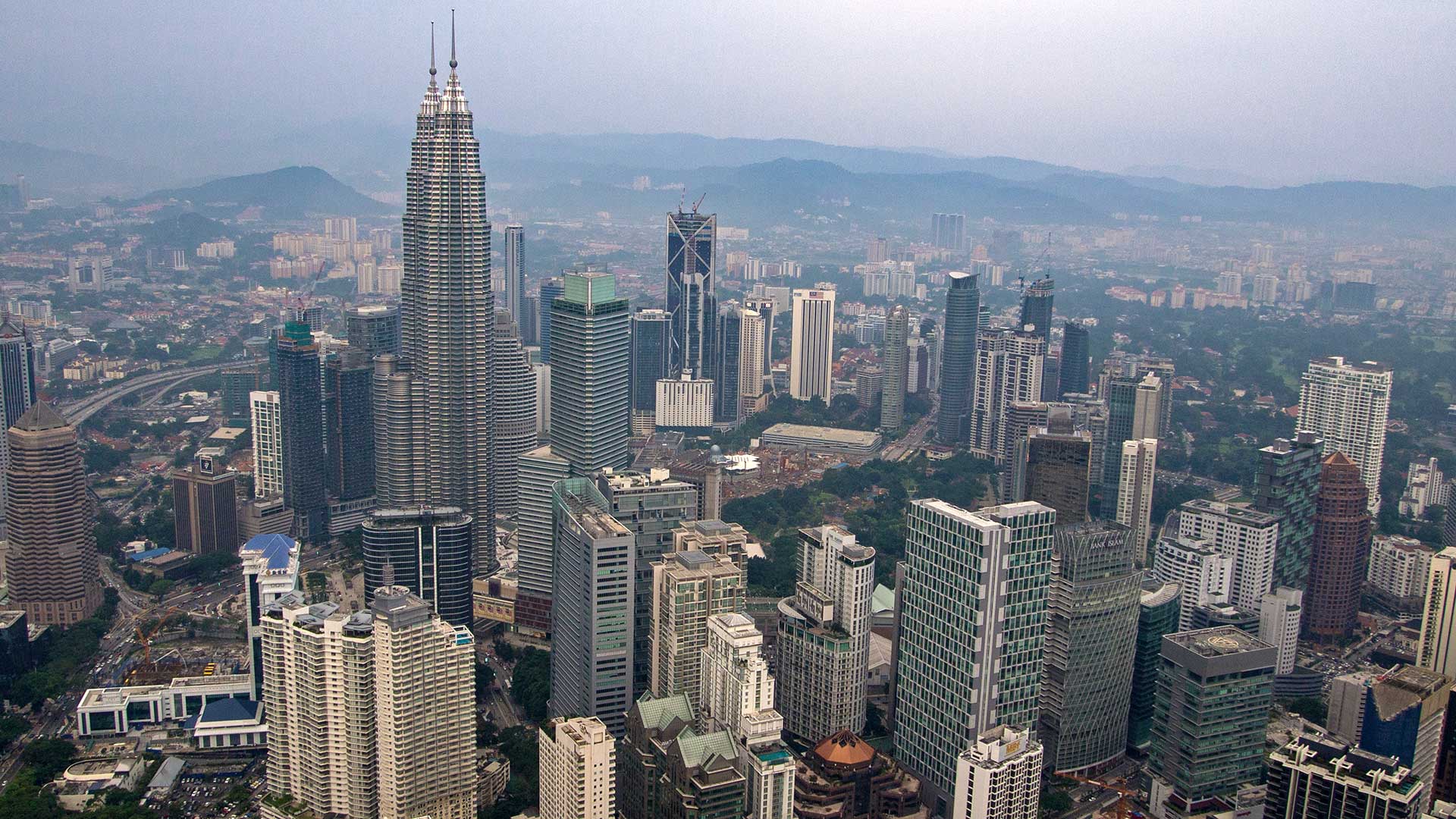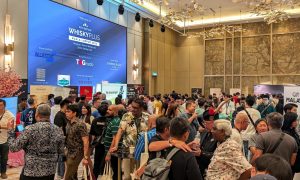Despite the stubborn refusal by the Home Minister to reconsider the drastic new requirements announced for the MM2H programme, a storm of criticism continues to pour in from all quarters.
The proposed changes to the Malaysia My Second Home (MM2H) programme have attracted a lot of press coverage in Malaysia and even overseas. To say the least, there has been very little in the way of any positive commentary. From the Sultan of Johor and Members of Parliament to business chambers, prospects for the visa, and even ordinary Malaysian citizens, their messages have been universally critical about the proposed revisions. They have identified some major flaws in the planned revisions which we think are worth summarising.
A repeated reference has been made, frequently by Home Minister Hamzah Zainudin, to a desire to attract higher quality applicants. Questions have been raised about what constitutes ‘quality’ applicants. The term would generally apply to people who possess certain characteristics which would be regarded as impressive or worthy of respect. While being richer than other people can possibly suggest you have some admirable skills, there is certainly no assurance of that. Being wealthy does not automatically make you a high-quality person. Pablo Escobar, Leona Helmsley, Bernie Madoff, and even Jho Low would have all easily met the financial requirements of the programme, but most people would agree they do not represent the ‘quality’ applicants the country now wants to attract.

The president of the MM2H Consultants’ Association, Anthony Liew, underscored the point, saying of existing MM2Hers, “They may not be super-rich, but they are decent people who honestly wish to make Malaysia their second home.”
In fact, the quality applicants who the government hopes to attract do not seem very keen on the programme. In a survey we conducted of prospects and existing participants, most could not meet the new terms, but 211 people said they did have monthly incomes exceeding RM40,000 and could meet the new fixed deposit requirements. However, of this group, less than 15% (only 30) said they were willing to put that much money on fixed deposit. For this group of ‘quality’ applicants, putting so much money on a low-interest fixed deposit in a currency which has been depreciating for many years would not be a wise use of their funds. (Perhaps they are seeking a more ‘quality’ investment vehicle.)
Raising the price of any product or service is always risky and needs to be done only after closely examining other similar products and services available. By itself, raising the price most certainly does not mean revenues will go up. Many governments around the world see how these resident visas can be beneficial for their country and economies, and there are now plenty of other options available in other countries which do not require placing large sums in a local bank account.
Many articles about the new rules point out that if you earn RM40,000 a month, there are many more advanced countries which are viable options and more attractive to prospects. In fact, most of these countries do not require such strict terms to apply. Quite a few comments from Malaysians are particularly blunt, essentially saying that people with this kind of money wouldn’t want to live in Malaysia when so many better options are available to them.

Increasing prices is usually done in tandem with improving the product or service. But the new programme is actually less attractive. The 10-year visa has been reduced to five, which is certainly not an improvement. The previous visa was frequently referred to as ‘renewable’ in government promotions, but that is clearly no longer the case. The government has shown they are willing to go back on their promise not to apply new rules on existing visa holders, which is certainly a warning sign to future applicants – and foreign investors, as well.
Then there is the question of residency. Asking some of the world’s wealthier people to come and live here, but making clear they are third-class residents is not a very good selling point. During the pandemic, the MM2H visa holders were the last people allowed into the country and some are still being refused entry for no logical or clearly stated reason. Malaysians, permanent residents, employment pass holders, dependents, and even maids have been allowed into Malaysia, but the MM2Hers were repeatedly denied entry. The fact they had their only homes here was not considered a good enough reason to let them enter. This most certainly would cause most quality applicants to think twice about joining the new programme.
There is also the unanswered question of what happened to the research mentioned by the Minister of Tourism. KPMG were given the job, almost certainly for a sizeable fee, and during our conversations with them they appeared to have very good understanding of the programme. We think it is very unlikely they would have made recommendations along the lines recently announced. The question is what happened to this expensive research?
As regards the frequent references to national security concerns, that is perhaps the most confusing. It seems many people are struggling to understand why this programme represents any kind of security threat. One could understand the two to three million legal and illegal migrant workers in Malaysia being regarded as a potential security threat, not to mention the 25 million annual tourists, but seeing the tiny group of around 30,000 residents MM2Hers, who have already been scrutinised and vetted, as posing a threat is very hard to accept. Any individual found flouting the conditions of the visa or breaking Malaysian laws can be imprisoned or deported so the ‘threat’ is very hard to see.
Segambut MP Hannah Yeoh spoke out forcefully on this very point, noting there was no data to back up the security concern claims, querying rhetorically, “Out of all your applicants, how many in the last five years have been involved with crime in Malaysia and any charges made, because these are not secrets and are known to all ministries.” She went on to say that if there were any such issues, “Take action on those cases, but don’t generalise the entire programme.”

In fact, many Malaysians and expats are finding it very hard to identify any logic behind the new rules and cannot understand why the government is refusing to reconsider them.



















